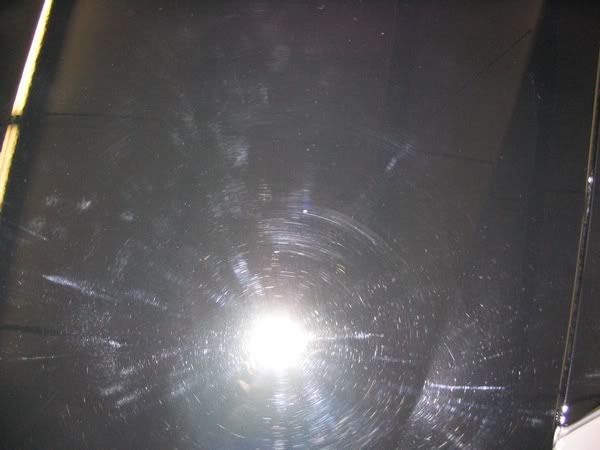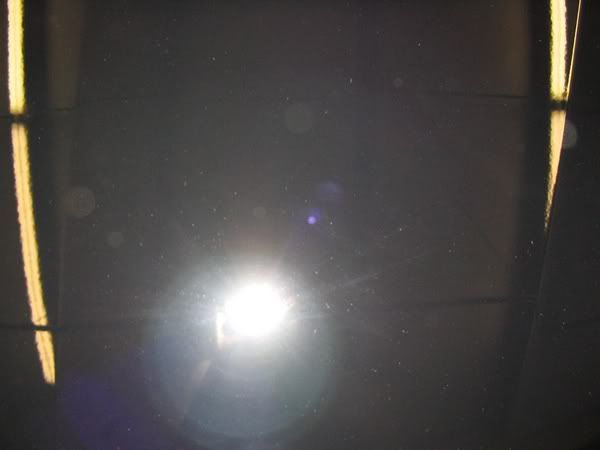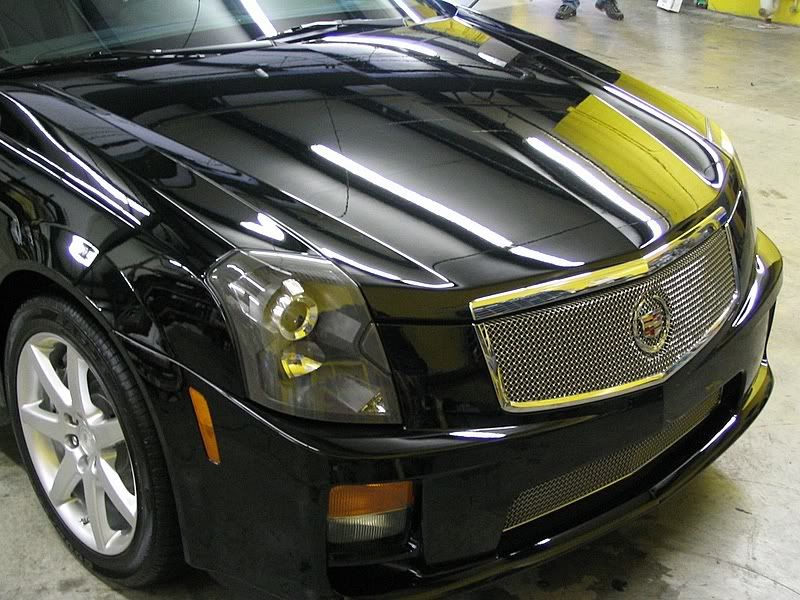So you work #80 until clear then wipe off with a MF cloth then apply sealer/wax etc yeah?
Bryan
Bryan









 I don't always work it that long myself. But the "until clear but not longer" always seems like an answer that won't get people into trouble
I don't always work it that long myself. But the "until clear but not longer" always seems like an answer that won't get people into trouble 

Comment